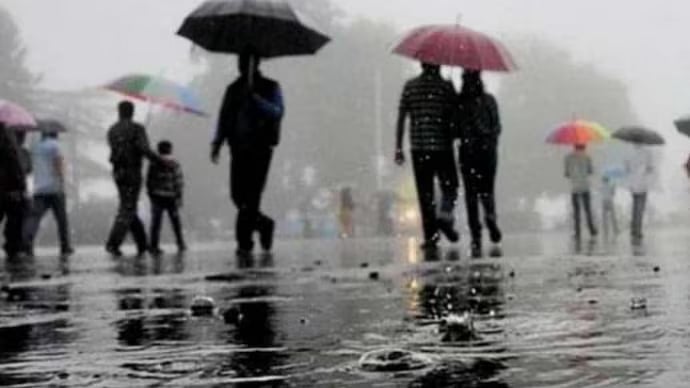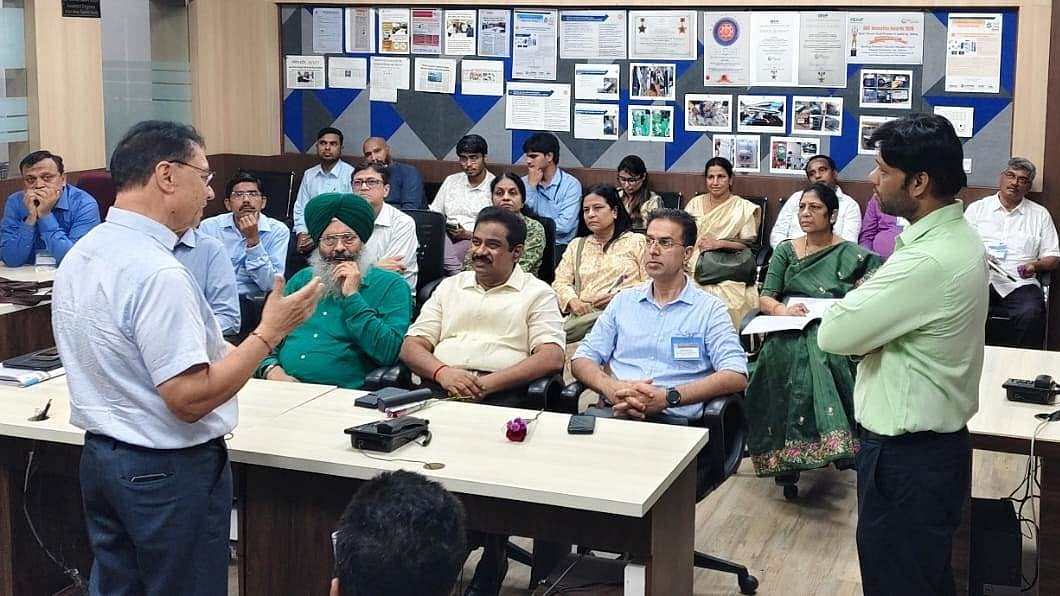Indore (Madhya Pradesh): In a startling breach of digital protocol, a leftist organisation allegedly hijacked Devi Ahilya Vishwavidyalaya’s (DAVV) official server to host and operate its website even using the university’s IP address to upload protest photos from New Delhi.
The revelation has caused concern among university officials and raised serious questions about cyber security and internal oversight. The leftist organization, linked to a employee union, reportedly ran its official website directly from university’s IT infrastructure, despite the organization being headquartered in Kolkata.
Photos uploaded of protests
Sources revealed that the organisation, reportedly linked to a employee union, used DAVV’s server to update its official website with photos and details of protests held against Central government policies, including the NEP-2020. These uploads were traced back to DAVV’s IP address, signaling direct and unauthorised access to the university’s digital infrastructure.
The university, often criticized by students for unreliable internet services and frequent website crashes, has been hosting and maintaining a fully functional external organisation’s website — while its own systems remained subpar.
Internal discontent and suspicious leaves
The development follows a long-standing university employees’ agitation, allegedly fuelled by leftist groups. Following political pressure, administration made sweeping changes, including suspension of some staff members.
The whistleblowers exposed server misuse after varsity’s IT cell officials suddenly proceeded on leave. Using AI-assisted forensic tools, technical experts extracted IP logs and matched them to DAVV, confirming the unauthorized activity.
VC confirms inquiry
Confirming the development, Vice-Chancellor Prof Rakesh Singhai stated: “Our server being used to host a politically sensitive organisation’s website is a grave concern. This isn’t rented space — it’s our own infrastructure, and this misuse represents a breach of public trust. A full technical investigation will follow, and those responsible will not be spared.”
Past cyber security lapses raise alarms
This is not a one off incident where university’s digital infrastructure has come under scrutiny. Previously, university's website remained non-functional for several months and reports surfaced about a foreign hacking attempt. These past issues have now gained renewed relevance in light of the recent revelations, pointing to potential long-standing vulnerabilities.
Experts say if one organisation was able to misuse university’s server so seamlessly, others could do the same — posing significant national security and privacy risks.
The incident has not only embarrassed the university but also ignited political and administrative discussions on how public digital infrastructure should be better monitored and protected against ideological misuse and cyber breaches.











